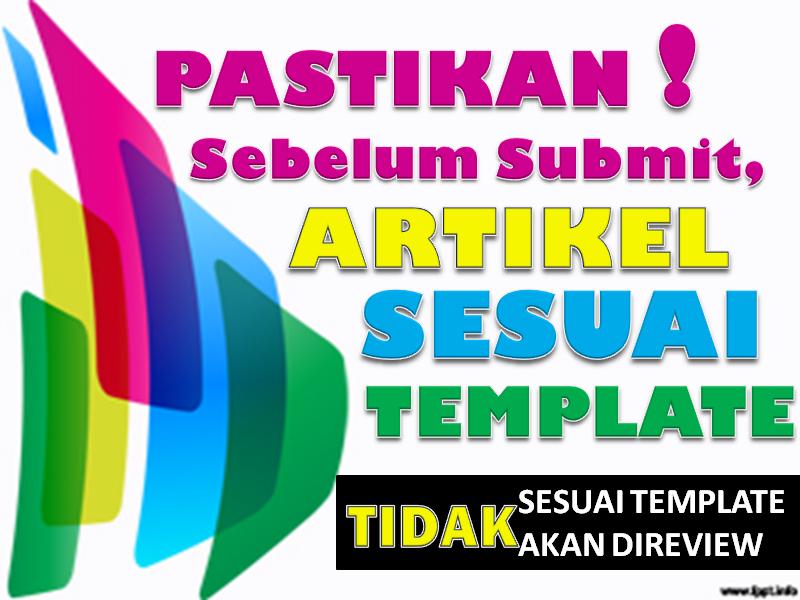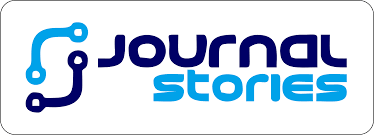Implementasi Model Pembelajaran Grup Investigasi Bervisi SETS Mata Pelajaran Sumber Daya Alam Untuk Meningkatkan Hasil Belajar Siswa SDN di Kota Palopo
(1) Universitas Cokroaminoto Palopo Fakultas Keguruan dan Ilmu Pendidikan Program Studi Pendidikan pancasila dan Kewarganegaraan
(2) Universitas Cokroaminoto Palopo Fakultas Keguruan dan Ilmu Pendidikan Program Studi Pendidikan pancasila dan Kewarganegaraan
(*) Corresponding Author
DOI: https://doi.org/10.26858/publikan.v7i3.3680
Abstract
This research is experimental research. The expected long-term goal of this research is that through an investigative group study model with vision of SETS, it will be able to improve cognitive, affective and psychomotoric learning outcomes and students’ creativity, which relate between natural resources with environment, technology, and society and how to utilize the environment. The specific targets of this research are (1) developing and implementing learning natural resources materials in natural sciences subject course (teaching materials and lesson plans) based on learning model of study group with vision of SETS (2) increasing students’ learning outcomes of elementary school, activities and responses to cooperative learning of investigative group with vision of SETS. To know the difference of natural science learning outcomes between which was taught using study group model of SETS visionary and conventional learning, it used inferential statistic is t test. This study involved 3 classes and 3 elementary schools at Palopo. The experimental design used is One Way ANOVA. In the experimental classroom, treatment class 1 employed investigative group learning model with vision of SETS and the experimental class 2 used an investigative group learning model and 1 control class used conventional learning. Stages of data collection were the provision of test results and students’ questionnaire responses. The data collected were analyzed qualitatively, quantitatively, descriptive statistical analysis, and inferential statistical analysis. The results showed after the treatment between the model class Investigation group with vision of SETS, investigative group model class and conventional class, based on student learning outcomes, there was a difference in which the investigation group is better than the conventional class, the SETS vision investigation group is better than the conventional class while the investigation group and investigation group SETS have no difference. It was concluded that investigation group class with vision of SETS is better than the conventional class, in line with the responses of students which were classified as good category and students’ activity increased.
Keywords
Full Text:
PDFArticle Metrics
Abstract view : 386 times | PDF view : 98 timesRefbacks
- There are currently no refbacks.
Copyright (c) 2017 Herniwati Wahid, Busra Bumbungan

This work is licensed under a Creative Commons Attribution-NonCommercial-ShareAlike 4.0 International License.
Publikasi Pendidikan : Jurnal Pemikiran, Penelitian dan Pengabdian Masyarakat Bidang Pendidikan
ISSN 2548-6721 (online), ISSN 2088-2092 (print)
Email: publikan@unm.ac.id

Publikasi Pendidikan is licensed under a Creative Commons Attribution-ShareAlike 4.0 International License.
Publikasi Pendidikan : Jurnal Pemikiran, Penelitian dan Pengabdian Masyarakat Bidang Pendidikan Indexed by
































